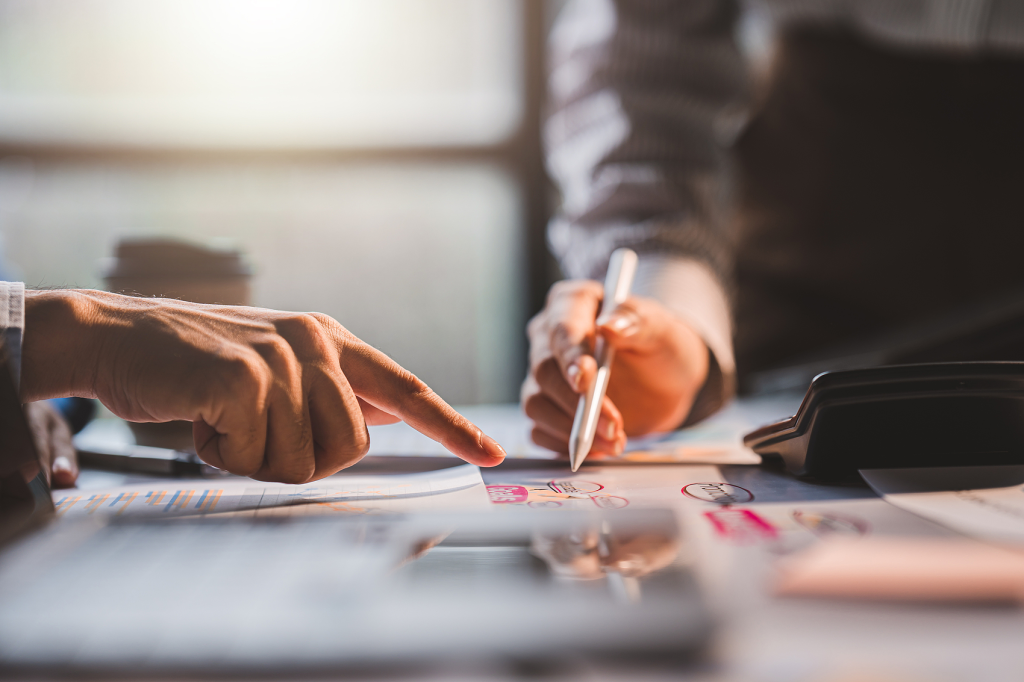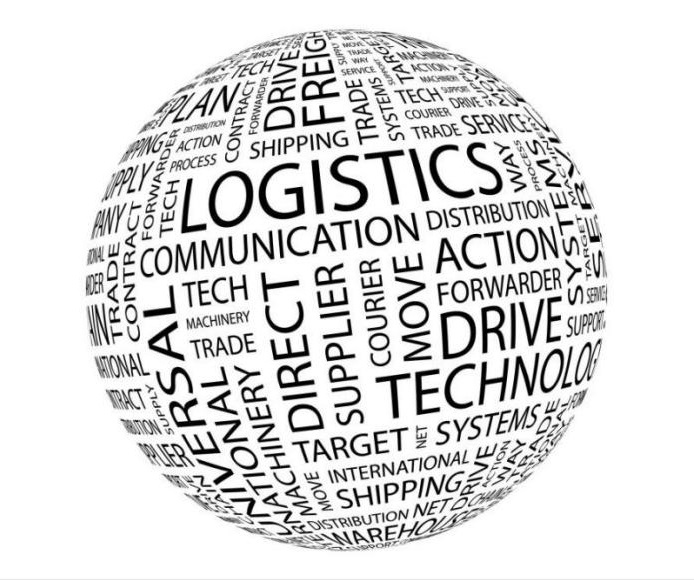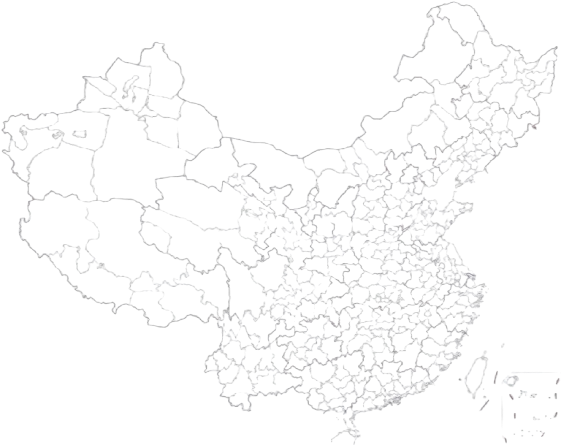Home / Service / Core Service / CUSTOMER BROKERAGE
From general trade to bonded zones, LOGICUS helps you navigate China’s customs procedures with ease and compliance.
From General Trade and Samples to Temporary Import/Export, Repair, Processing, and Special Zones, LOGICUS offers comprehensive, one-stop solutions for every business scenario.
With deep expertise in Chinese customs regulations and global compliance standards, LOGICUS ensures transparent procedures that minimize clearance risks and hidden tax costs.
Leveraging strong execution in bonded zones, free trade areas, and cross-border operations, LOGICUS ensures fast clearance with global insight and local expertise.
In global trade, each customs regime has distinct rules and tax implications. At LOGICUS Global Customs Brokers, we simplify these complexities with clear guidance across General Trade, Samples & Gifts, Temporary Import/Export, Repair, Processing, and Special Zones. Choosing the right mode is critical to both compliance and cost efficiency. From exhibition samples and repair shipments to bonded zone transshipment and small-scale border trade, we provide expertise and hands-on support to ensure smooth clearance. With LOGICUS Global Customs Brokers, your shipments move efficiently and compliantly, enabling you to focus on growing your global business.
General Trade is the most common import-export model. Goods are imported into China or exported abroad for commercial sale. Importers pay duties and VAT, while exporters may enjoy tax refunds. It applies to the majority of global trade transactions.
Typical documents include contracts, invoices, packing lists, bills of lading, customs declarations, and, depending on the product, quarantine certificates or import licenses.
Yes. General Trade imports are generally subject to customs duties, VAT, and in some cases, consumption tax.
Most exported goods are eligible for tax refunds, but restricted or prohibited items are not entitled to this benefit.
General Trade involves permanent import or export for sale, while Temporary Import/Export refers to goods entering or leaving for a limited period with re-export/re-import obligations.


Samples or gifts are small quantities of goods traded free of charge. Items without commercial value are exempt from duties and VAT, while usable or saleable goods are taxable. This category is common for exhibitions, marketing, and client trials.
Not always. Samples without commercial value are exempt, while those with commercial or resale value are subject to customs duties and VAT.
Common documents include a contract or declaration letter, packing list, invoice (stating “sample/no commercial value”), and inspection certificates if applicable.
Yes. Gifts beyond reasonable quantities may be reclassified as General Trade and taxed accordingly.
Samples are small, non-saleable items, while Temporary Import/Export applies to goods temporarily entering or leaving China with re-export/re-import obligations.
Temporary Import and Export refers to goods temporarily entering or leaving China for exhibitions, performances, sports, or testing. Such shipments must be re-exported or re-imported within a set period for the PROCESS to be considered complete. The standard period is six months, with extensions available upon approval.
The standard period is six months. Extensions may be requested, with the total duration usually capped at two years.
Normally, no duties or VAT are levied. However, a security deposit or guarantee is required to ensure goods are re-exported or re-imported on time.
Typical goods include exhibition items, stage equipment, sports gear, testing instruments, and construction machinery not intended for sale.

At LOGICUS, customs brokerage is never one-size-fits-all. From General Trade and Samples to Temporary Import/Export, Repair, Processing, and Special Zones, we deliver tailored solutions to your needs. Every shipment follows client-specific SOPs, ensuring compliance, efficiency, and cost-effective results.
So your trade flows smoothly and with confidence.

Repair Trade involves goods temporarily imported or exported for maintenance, including inbound and outbound repair. Service fees are generally non-taxable, while replacement parts, if charged, are subject to duties and VAT.
The standard period is six months, with extensions possible upon approval. The total duration generally does not exceed two years.
If only service fees are charged, no duties or VAT apply. However, replacement parts that are charged must be taxed.
No. The declarant only needs import-export rights; the actual repair is performed by qualified service providers.
Repair Trade is specifically for goods sent for maintenance and return, while Temporary Import & Export covers other temporary uses such as exhibitions, sports, or testing.
Processing Trade includes Import Processing and Processing with Supplied Materials. In Import Processing, Chinese firms import raw materials for export production. In Supplied Materials, foreign firms provide inputs while Chinese firms earn processing fees.
There are two types: (1) Import Processing – raw materials are imported by the Chinese company; (2) Supplied Materials Processing – raw materials are provided by foreign companies, and Chinese firms earn processing fees.
Yes. A Processing Trade Handbook is mandatory to record imported inputs and exported outputs for customs supervision and verification.
Imported materials are duty-suspended under bonded status. When finished goods are exported, duties are exempt or refunded; if sold domestically, duties and VAT must be paid.
In General Trade, duties are paid upon import and goods enter the domestic market. In Processing Trade, materials remain bonded and must be re-exported unless approved for domestic sale.


Special Customs Zones, such as bonded and free trade zones, operate under “inside territory but outside customs.” Goods entering are not deemed imports and may be stored, transshipped, or processed with deferred duties, enhancing trade efficiency.
No. Goods remain under bonded status within the zone and are not treated as entering the domestic market, so duties and VAT are deferred.
Activities include bonded warehousing, transshipment, simple processing, distribution, and, in some zones, cross-border e-commerce, testing, and maintenance services.
Key benefits include duty deferral, facilitation of re-exports, improved logistics efficiency, industrial clustering, and access to pilot trade policies.
In General Trade, duties are paid upon import. In Special Customs Zones, goods can be stored, distributed, or re-exported under bonded status, providing greater flexibility.
title of show case 1
Duties, licenses, permits, and all other brokerage
requirements are handled expertly for optimal
clearance.(内容简介3行)
title of show case 2
Duties, licenses, permits, and all other brokerage
requirements are handled expertly for optimal
clearance.(内容简介3行)
title of show case 3
Duties, licenses, permits, and all other brokerage
requirements are handled expertly for optimal
clearance.(内容简介3行)


At LOGICUS, we simplify imports with tailored solutions designed to fit your business, direct access to seasoned experts who understand complex regulations, and fully transparent service at every step. From documentation and compliance checks to customs clearance and delivery coordination, we ensure your shipments move faster, smoother, and without unexpected delays or hidden costs — so you can focus on growing your business with confidence.
Work directly with experienced customs specialists, not generic call centers. Every shipment is personally managed by experts who ensure accuracy, compliance, and smooth clearance from start to finish.
From general trade to bonded zones and special customs programs, we create client-specific SOPs tailored to your needs — ensuring compliance, efficiency, and cost savings.
Get quick responses and real-time updates. With clear communication, predictable timelines, and no hidden costs, you’ll always know your shipment status and avoid delays.
No. Only paints that are flammable, corrosive, toxic, or reactive are regulated as dangerous goods.
Solvent-based paints like epoxy or PU coatings often are.
Water-based interior paints and latex coatings usually are not.
Generally no. Most paints—including architectural coatings, floor coatings, wood finishes, and anti-corrosion paints—do not fall under China’s CCC mandatory certification list.
Paint may be indirectly affected in the following cases:
1)It’s applied to a CCC-regulated finished product (e.g., home appliances)
2)It forms part of a fire protection system (e.g., fire-rated doors, intumescent coatings)
3)It’s used on automotive parts under CCC oversight
4)It’s intended for indoor air-sensitive environments, requiring VOC reports or eco-labels
1)SDS (Safety Data Sheet)
2)DG classification report (if applicable)
3)VOC emission test (for interior coatings)
4)Label templates with GHS compliance
5)CCC is usually not required, unless paint is part of a regulated system
Engineered flooring is typically exempt when it:
Is composed of HDF or plywood cores
Has undergone heat press, lamination, surface coating
Is declared as a finished decorative product
Comes with a Declaration of Deep Processing
Use of untreated wood pallets or packaging
Product appears raw or unfinished
Lack of processing description in the customs declaration
Missing or insufficient deep-processing documentation
It’s a formal letter from the supplier confirming the product has been deeply processed and poses no phytosanitary risk.
While not mandatory, it’s highly recommended for smooth clearance.
Track air cargo for 231 airlines here